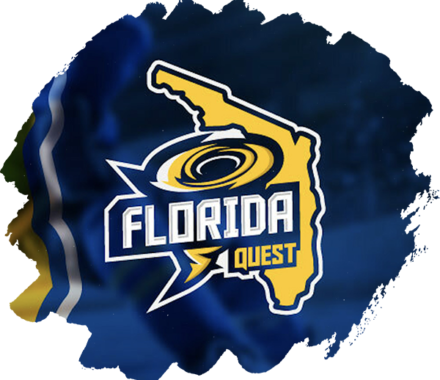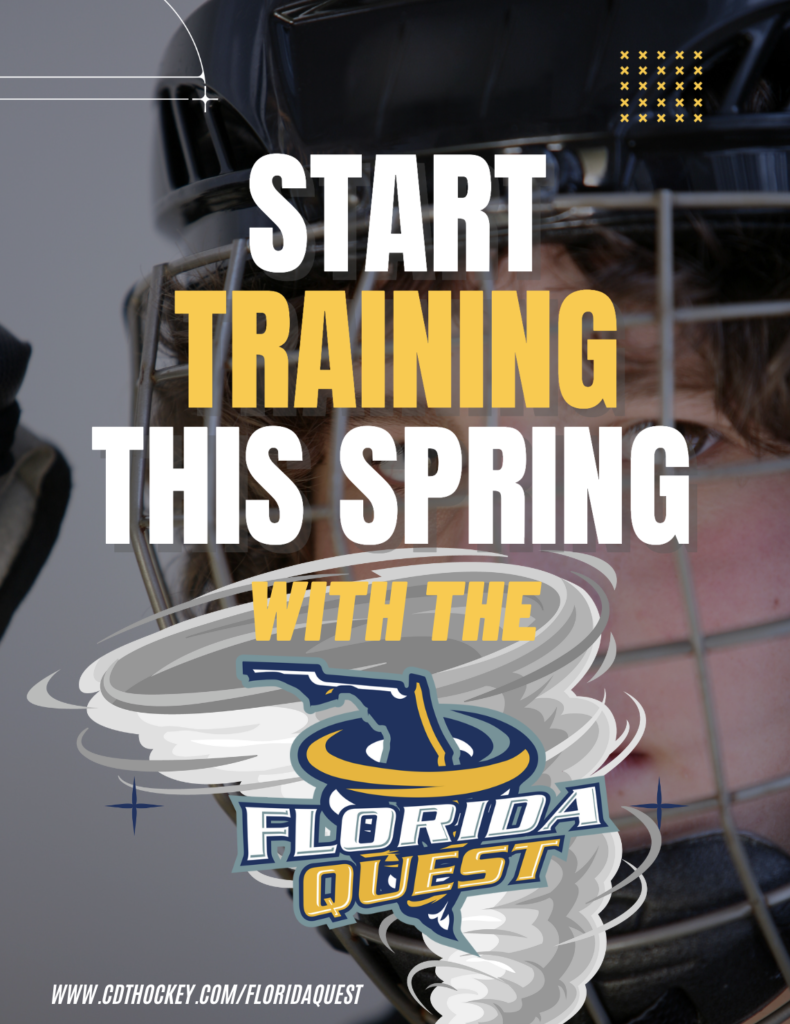Developing hockey players from a young age requires a well-structured and age-appropriate approach that addresses physical, technical, tactical, and mental aspects of the game. Here’s a guide on how to develop young hockey players:
Fundamental Skills Development: Focus on teaching basic skills such as skating, puck handling, passing, and shooting. Use fun and engaging drills and games to make learning enjoyable for young players. Emphasize proper technique and form from the beginning to build a strong foundation. Small-Area Games: Incorporate small-area games to enhance players’ decision-making, agility, and puck control in tight spaces. Small-sided games encourage more touches on the puck and active participation, promoting skill development. Age-Appropriate Training: Tailor training sessions to the physical and cognitive development of each age group. Introduce age-specific strength and conditioning exercises that focus on developing overall athleticism Positive Environment: Foster a positive and supportive atmosphere where players feel encouraged to take risks and learn from mistakes. Provide constructive feedback that highlights both successes and areas for improvement. Game Understanding: Introduce basic game concepts and positioning to help players understand the flow of the game. Gradually increase the complexity of tactical instruction as players advance in age and skill level. Teamwork and Communication: Emphasize the importance of teamwork, communication, and collaboration on and off the ice. Encourage players to develop good sportsmanship and respect for teammates, opponents, and officials. Age-Specific Competition: Structure competitions and leagues based on age groups to ensure fair and appropriate competition. Avoid placing young players in situations where the age or skill gap is too significant. Diverse Playing Experiences: Expose players to different playing environments, such as indoor and outdoor rinks, to develop adaptability. Encourage participation in various hockey formats, including 3-on-3 and 4-on-4 games. Long-Term Player Development (LTPD) Model: Adopt a Long-Term Player Development model that considers the physical, mental, and emotional development of players at different stages. Provide age-specific training guidelines and benchmarks for coaches, parents, and players. Qualified Coaching Staff: Ensure that coaches working with young players are appropriately certified and trained in coaching youth hockey. Create opportunities for coaches to participate in coaching education programs and stay updated on best practices. Parental Involvement: Encourage positive parental involvement and communication. Educate parents on the importance of patience, support, and a long-term perspective in youth player development. Fun and Enjoyment: Prioritize fun and enjoyment in the learning process to keep young players engaged in the sport. Organize events, camps, and activities that promote a love for the game.
Remember, the development process is a journey, and patience is key. Creating a positive and supportive environment while focusing on holistic player development will contribute to the long-term success of young hockey players.


